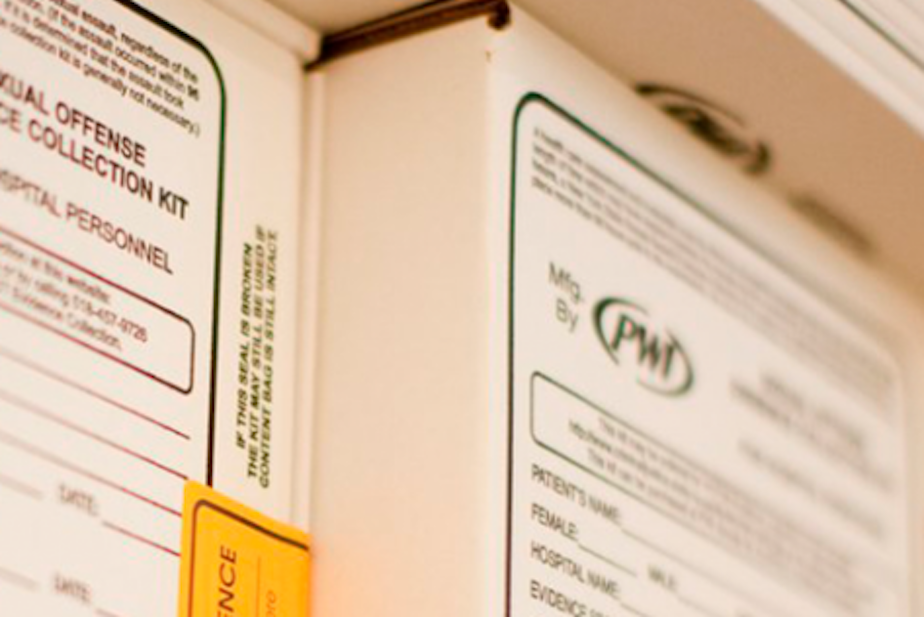New bill aims to make sure rape victims aren’t turned away from hospitals

People who have been through a sexual assault often find that the first hospital they go to can’t help them. Many hospitals across the country don’t have evidence gathering kits or nurses trained to offer care and support.
That may soon change because of a bipartisan bill just introduced in Congress.
The legislation would pave the way for more training and kits for hospitals.
Senator Patty Murray (D-WA), who co-sponsored the bill in the Senate, gave no specifics about the cost.
Leah Griffin said she was turned away by a Seattle hospital after being raped in 2014. Though she did eventually get to a hospital that could help her, the delay in getting a rape kit led to incomplete evidence gathering. That, in turn, led a prosecutor to decline to pursue a case against her alleged rapist.
Sponsored
Griffin’s story was the inspiration for the new proposed legislation. Griffin contacted Sen. Murray's office about the trouble she faced when the first Seattle hospital—one she declines to publicly name—told her to take herself to Harborview Medical Center when she arrived shortly after the attack.
“They shrugged their shoulders and said, ‘We don’t do rape kits here,’” she told reporters during a news conference Thursday morning.
With Griffin were Sens. Murray and Lisa Murkowski (R-AK), who is co-sponsoring the legislation in the Senate. Rep. Pramila Jayapal (D-WA) introduced the legislation in the House.
Not every survivor of sexual assault wants to have evidence gathered. Yet advocates say it’s important to make kits accessible for those who do, so that they can then be treated for injuries and given a chance to bathe. Advocates say it’s also important that staff be trained, both in taking samples and in caring for the person reporting the attack.
"There are so many problems in the justice system and health care system that survivors face," Griffin said. "There’s also issues with police training, with prosecutorial conduct."
Sponsored
"This bill is step one," she continued. "This bill is [about] survivors going to hospitals and being turned away without care. And this is a problem that needs to be solved in order to deal with all of these other important issues.”
Among those important issues: the backlog of rape kits that have gone untested by law enforcement.
In Washington state, newly collected kits are now being tested. But according to the advocacy group Joyful Heart Foundation, the state has not committed to testing its backlog of nearly 6,000 kits.
The evidence contained in those kits is still not in the hands of police.
